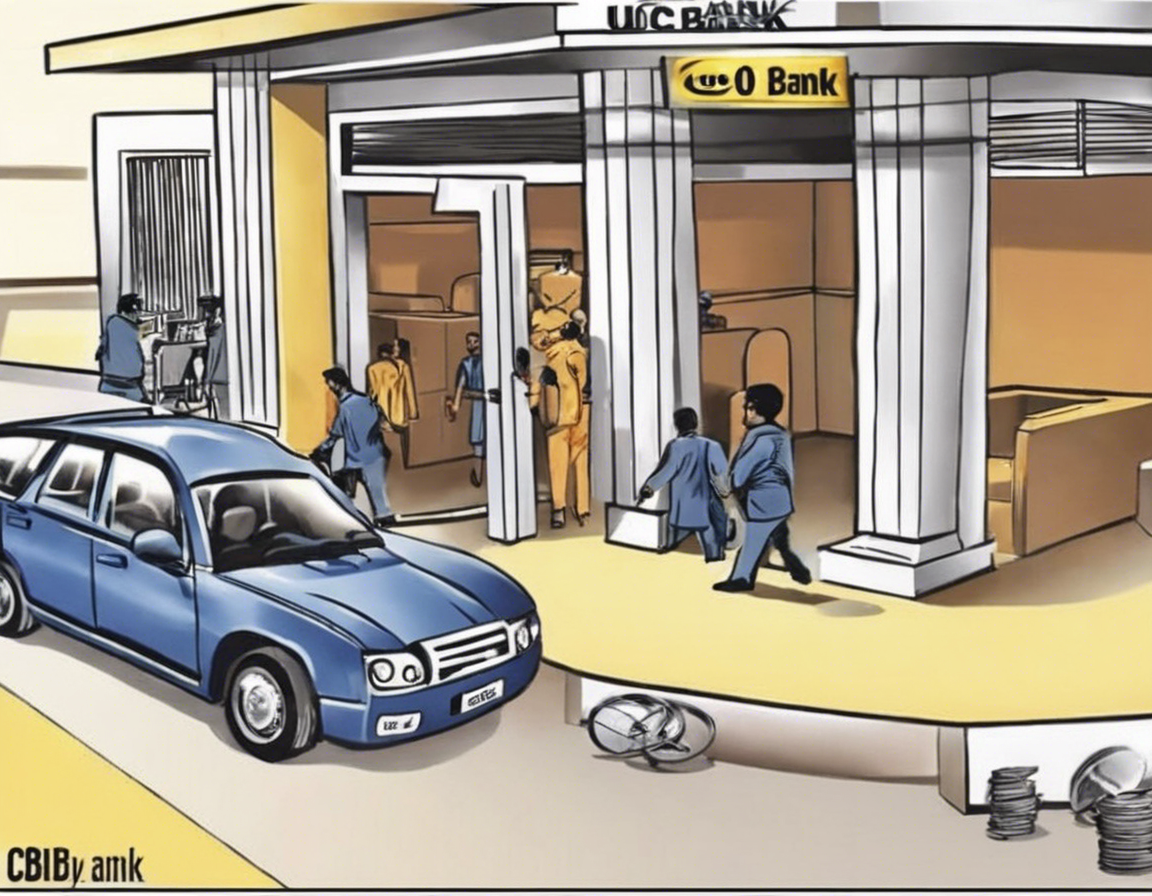The recent news of the Central Bureau of Investigation (CBI) raiding the UCO Bank headquarters has caught the attention of the financial industry and the public alike. Such events can have far-reaching implications on the bank, its stakeholders, and the overall banking sector. In this article, we will delve into the details of the CBI raid on UCO Bank, discuss the possible reasons behind it, and explore the potential impacts of such an action.
Understanding the CBI Raid on UCO Bank Headquarters
The CBI raid on the UCO Bank headquarters signifies a serious investigation into alleged wrongdoing by the bank or its officials. It is crucial to note that such raids are not conducted lightly and require substantial evidence or suspicion of malpractice. The CBI is India’s premier investigating agency, responsible for probing high-profile cases, including those related to corruption, fraud, and misconduct.
Reasons for the Raid
The primary reasons for the CBI raid on the UCO Bank headquarters may include:
-
Financial Irregularities: Suspected irregularities in the financial transactions, loan disbursements, or fund management of the bank.
-
Fraud Allegations: Accusations of fraud, misrepresentation, or embezzlement against the bank officials.
-
Non-Compliance: Violations of banking regulations, non-compliance with anti-money laundering norms, or other regulatory infractions.
Impact on UCO Bank
The raid can have several immediate and long-term impacts on UCO Bank, such as:
-
Reputation Damage: Allegations of misconduct can tarnish the bank’s reputation, leading to a loss of customer trust and investor confidence.
-
Legal Consequences: If the allegations are proven, the bank officials involved may face legal actions, including arrests and prosecutions.
-
Financial Ramifications: Any financial irregularities unearthed during the raid can result in monetary losses, penalties, or fines for the bank.
The Significance for the Banking Sector
The CBI raid on UCO Bank also has broader implications for the banking sector as a whole. It underscores the importance of maintaining transparency, accountability, and ethical practices in the financial industry. Regulators and authorities closely monitor such developments to ensure the integrity and stability of the banking system.
Regulatory Oversight
Regulatory bodies like the Reserve Bank of India (RBI) play a crucial role in overseeing and regulating banks’ operations. Incidents like the CBI raid highlight the need for robust regulatory mechanisms to prevent misconduct and safeguard the interests of depositors and investors.
Investor Sentiment
Events like a CBI raid can impact investor sentiment towards not just the affected bank but the entire banking sector. Investors closely monitor such developments to assess the risk profile and governance standards of banks before making investment decisions.
Conclusion
In conclusion, the CBI raid on UCO Bank headquarters is a significant development that warrants attention and scrutiny. While the full implications of the raid may unfold in the coming days, it serves as a reminder of the importance of maintaining integrity and adhering to regulatory norms in the banking sector. Transparency, accountability, and ethical conduct are paramount for building trust and sustaining the financial system’s credibility.
Frequently Asked Questions (FAQs)
1. What triggers a CBI raid on a bank?
CBI raids on banks are typically prompted by substantial evidence or credible allegations of financial irregularities, fraud, corruption, or regulatory violations.
2. How can a CBI raid impact a bank’s operations?
A CBI raid can disrupt a bank’s normal operations, damage its reputation, lead to legal consequences for implicated officials, and result in financial penalties or losses.
3. Does a CBI raid indicate guilt on the part of the bank?
No, a CBI raid is part of an ongoing investigation to gather evidence. Guilt or innocence is determined based on the findings of the investigation and subsequent legal proceedings.
4. What should stakeholders do in response to a CBI raid on a bank?
Stakeholders, including customers, investors, and regulators, should closely monitor the situation, seek clarifications from the bank’s management, and await the investigation’s outcome before taking any major decisions.
5. How can banks prevent potential CBI raids or regulatory scrutiny?
Banks can mitigate the risk of CBI raids by implementing robust internal controls, complying with regulatory guidelines, conducting regular audits, and fostering a culture of transparency and ethics within the organization.
